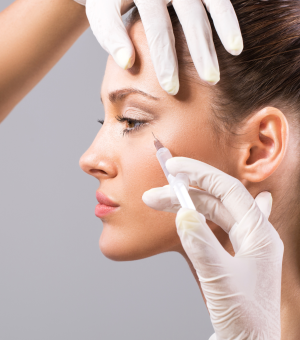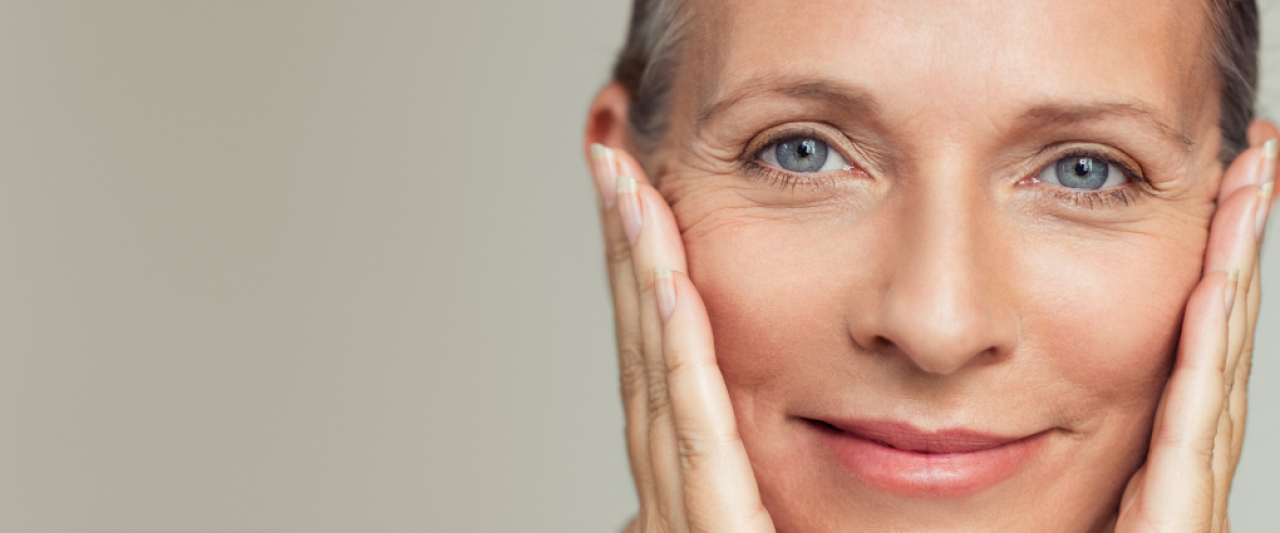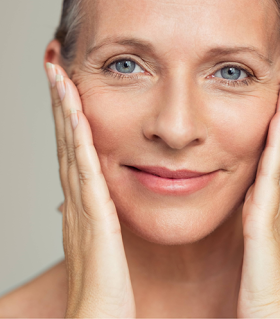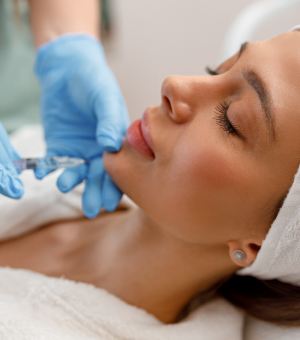Here are some tips!
Get at least 7 to 8 hours of sleep per night to allow the skin to regenerate naturally.
Take regular breaks and relax.
Eat a balanced and varied diet.
Stay well hydrated.
Avoid alcohol and nicotine.
Change your daily skincare routine.
In the morning!
Cleanse your face with a mild cleanser and lukewarm water.
Gently pat dry rather than rubbing.
Moisturize skin with a cream or lotion containing sun protection.
Evening routine!
Taking baths or showers with water at 38 degrees is ideal. Water that is much hotter could dry out the skin.
Clean your face with a mild cleanser and avoid exfoliating too often.
Use a mild, non-drying soap for the rest of the body.
Dry skin gently by dabbing rather than rubbing.
After showering or bathing, moisturize skin with a body lotion or lotion.
Use specific facial creams containing hyaluronic acid, Q10 or vitamin C.
Sun protection, every day, all year round!
The risk of sunburn increases with age because protective pigments form more slowly and thin skin is more sensitive. Effective protection is therefore essential, because UV rays attack the elastic fibers of the skin. UV rays are present every day, even in winter, even when it rains. Dermatologists can't say this enough!








